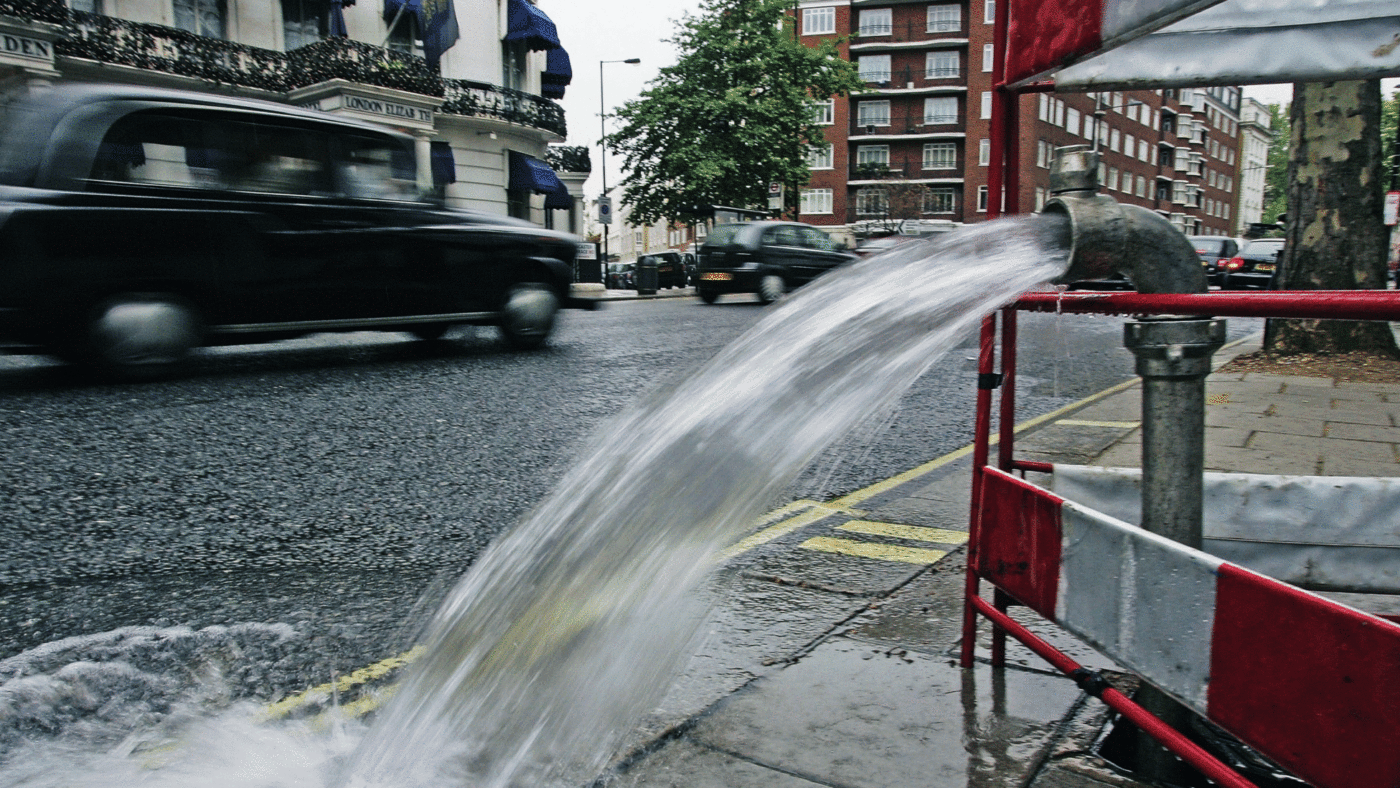The UK’s water industry has earned a pretty bad reputation in recent years. There are, for example, some incidences of water companies paying out high dividends while increasing borrowing. Does the behaviour of some water companies merit nationalisation?
Put simply: no. Ofwat, the regulator for the industry, already has the ability to scrutinise the practices of water companies to ensure value for money. If this were shunned in favour of nationalisation, it would involve a huge upfront cost to the taxpayer and a potential reversal of the gains that we’ve observed in the water sector since privatisation in 1989.
In terms of the upfront costs associated with nationalisation, we are talking about big numbers. The Regulatory Capital Value of the sector, which effectively represents the value of the capital base of companies, comes out at £69 billion. This should be treated as an absolute minimum cost of nationalisation, given this is well below the commercial value of the water market. Credit Suisse, for example, concludes that United Utilities trades at a 25 per cent premium to its Regulatory Asset Base – and if this is applied across the sector as a whole, it would suggest that you could be looking at an overall upfront cost in excess of £86 billion.
When people argue for the government to borrow enormous sums for nationalisation of the water sector, they often justify it by pointing to the 40 per cent real-terms increase in water bills since privatisation. But it is completely misleading to claim this hike in bills is due to privatisation.
It is easy to forget how the water industry faced chronic under-investment under state control. Since the industry moved into private hands, the improvements have been astonishing. Customers are now five times less likely to experience unplanned supply interruptions and water companies have reduced leakage by a third. The industry is also now 64 per cent more productive than it was under nationalisation.
Improved efficiency and higher investment has brought about these dramatic gains. Yes, bills have increased – but that’s only due, as pointed out by the former chief executive of Ofwat, Cathryn Ross, to the £140 billion investment that’s gone into the sector since privatisation. And despite this, customers, on average, pay less than a penny per litre of water delivered. Moreover, water bills are now set to fall over the coming years, according to the central estimate from DEFRA.
The history of the water industry also raises the issue – which applies to other sectors as well – of competition for capital. Within the public sector, all of the newly nationalised industries would be competing, along with all of Labour’s other priorities, for available capital on an ongoing basis. The need to inject capital into nationalised industries that had long been starved of it was one of the major justifications for the privatisation programme in the first place – and the example of the water industry shows its success.
Of course, all is far from perfect in the water industry. In some respects, nationalised monopolies have been replaced by regional private monopolies, which require improvement. But nationalisation is the wrong solution. It would require enormous amounts of borrowing and jeopardise the improvements that have been made over the past two decades.
Instead, the Government should pursue measures that increase transparency as well as competitive pressures on the water companies. For example, greater competition in the supply of water as well as introducing retail competition into the industry could shake things up in a positive way by challenging the water companies to become less complacent.
These are the sorts of measures that could help promote improvements in the sector, while maintaining the gains that have been achieved over the past two decades.


